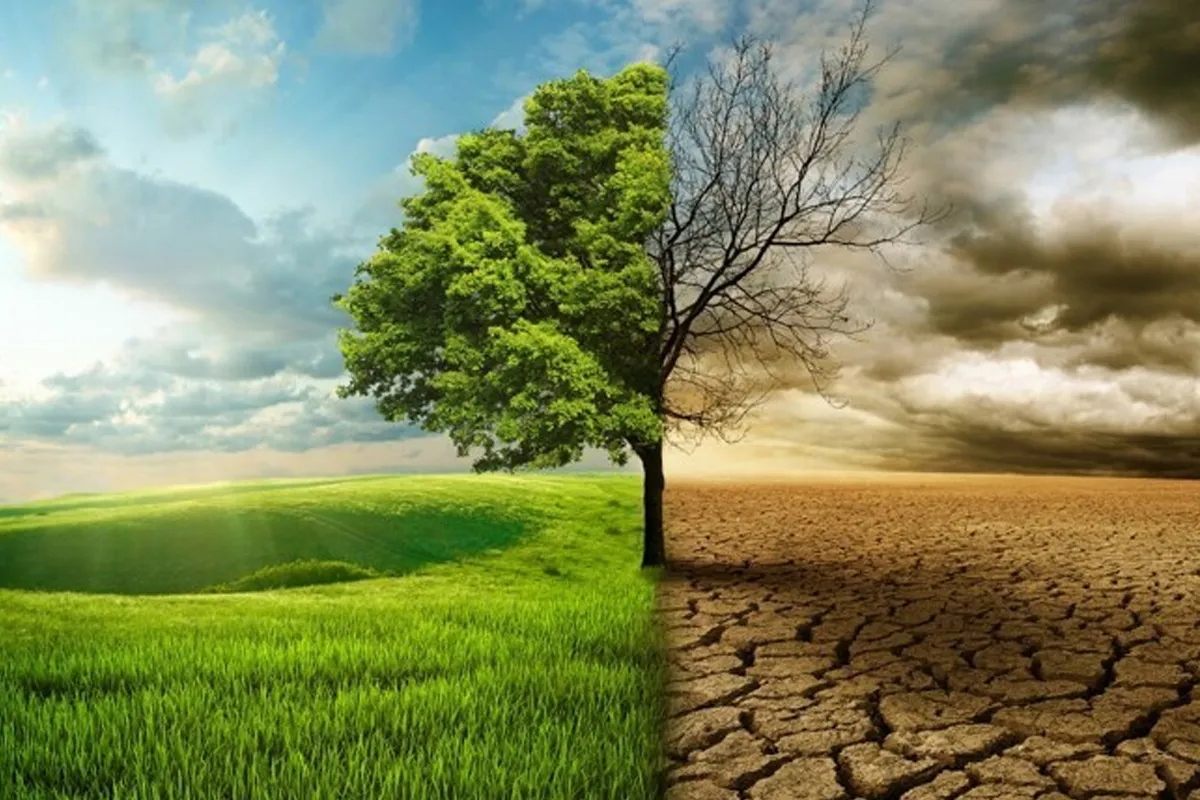OTS Activities: Joint Steps to Prevent Drought and Address Environmental Challenges

Climate change, desertification, and drought are increasingly pressing issues for the countries of the Turkic world. A significant portion of the region’s territory is exposed to soil erosion, sandstorms, and freshwater shortages. Under these conditions, cooperation within the framework of the Organization of Turkic States (OTS) acquires particular importance.
On 6 July 2024, at the informal OTS Summit in Shusha, the President of the Republic of Uzbekistan, Shavkat Mirziyoyev, proposed the establishment of a Turkic Ecological Council with its headquarters in Nukus. This body is intended to serve as a platform for uniting the efforts of Turkic states in addressing common environmental challenges, above all in combating drought and desertification.
To advance this initiative, the OTS Secretariat held a series of online consultations with the environment ministries of member states. A draft concept for the Council has been prepared and is currently under review by all member countries. In November 2024, during COP29 in Baku, the first meeting of OTS environment ministers was held in the Uzbekistan National Pavilion.
Uzbekistan: Experience in Combating Drought and Desertification
The Republic of Uzbekistan is among the most vulnerable countries: 70% of its territory consists of arid lands subject to degradation and dust storms. Over the past decades, glaciers in Central Asia that provide fresh water to the country have shrunk by about 30%, increasing the risk of water scarcity.
Uzbekistan actively participates in international initiatives. The country has been a Party to the UN Convention to Combat Desertification since 1995. At the initiative of President Shavkat Mirziyoyev, a large-scale afforestation program was launched in 2018 on the dried bed of the Aral Sea. To date, more than 2 million hectares of green cover have been established.
In 2024, the National Plan to Combat Dust Storms for 2024–2030 was adopted and Uzbekistan initiated a UN General Assembly resolution declaring a Decade of Action for Forest Restoration. In spring 2025, an additional 145,000 hectares of new forests were planted in Karakalpakstan, Bukhara, Khorezm and Navoi regions.
Kazakhstan: Steppe Restoration and the Aral Green Belt
Kazakhstan, together with Uzbekistan, is carrying out greening activities on the dried lands of the Aral Sea, planting hundreds of thousands of hectares annually with saxaul and salt-tolerant species. Other initiatives include the FOLUR project (supported by UNDP) on sustainable agriculture in northern Kazakhstan, as well as the GREENAID program aimed at combating desertification. The “Altyn Dala” initiative, focused on the conservation of steppe ecosystems and biodiversity, holds special importance.
Turkiye: Sustainable Agriculture and Erosion Control
TUrkiye has been a Party to the UN Convention to Combat Desertification since 1997. The country has national strategies for land preservation and soil degradation reduction, with a strong emphasis on afforestation and erosion prevention through terracing and modern technologies. In partnership with FAO, Turkiye is implementing the FAO–Turkiye Forestry Partnership, which promotes sustainable forestry and ecosystem resilience.
Azerbaijan: Protecting Water Resources and Afforestation
In Azerbaijan, about 15% of the territory is at risk of drought and 6% is subject to desertification. In recent years, glaciers in the Caucasus have decreased in area by 18% and the level of the Caspian Sea has fallen by nearly two meters since 1993.
To stabilize the situation, Azerbaijan is carrying out large-scale projects, including the reconstruction of the Shirvan and Karabakh canals, mass tree-planting campaigns (in 2019, 650,000 trees were planted in a single day), and the implementation of a National Adaptation Plan aimed at strengthening the resilience of agriculture and water resources to climate change.
A Shared Objective: A United Ecological Front
The environmental efforts of OTS member states are focused on several key areas: expanding afforestation and green zones; restoring degraded lands; modernizing water-use systems; adapting to climate change; and developing joint programs to combat dust storms and desertification.
The establishment of the Turkic Ecological Council and the organization of joint initiatives lay the foundation for a new level of ecological cooperation. In the face of global climate threats, the Turkic states are striving to combine their efforts to jointly counter drought and preserve natural heritage for future generations.
Zafar Eshankulov
Head of the Department for Combating Desertification and Restoring Degraded Lands of the Forestry Agency
under the Ministry of Ecology